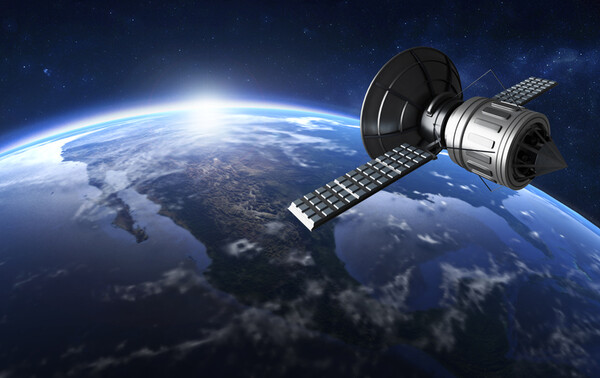Hallym University Chuncheon Sacred Heart Hospital said on Wednesday that it will develop a returnable research satellite to culture cancer cells in space and observe the response of cancer drugs to reveal new mechanisms of action in cell interactions with drugs.

The satellite development research was selected for the recently announced 2023 Science, Technology, Engineering, Arts, and Mathematics (STEAM) Research Project funded by the Ministry of Science and ICT (MSIT) and operated and managed by the National Research Foundation of Korea (NRF).
The research will be carried out for four years and nine months, from April 2023 to December 2027, and will be led by Professor Park Chan-hum, Chief of Otorhinolaryngology-Head and Neck Surgery at Hallym University Chuncheon Sacred Heart Hospital.
This study will take advantage of the weak gravity of outer space as cells behave differently in space where gravity does not exist and experiments at the cellular or protein level are different from those on Earth, explained an official from the hospital.
First, the research team will cultivate cancer cells in space orbit, observe cancer cell behavior under zero gravity and analyze the reactivity of cancer drugs, and receive scientific data from the ground station for primary analysis.
After a certain period, the satellite will be returned to the Earth for precise genetic analysis to reveal the mechanisms of cancer cells in the space environment, microgravity, and the effectiveness of drugs developed in space.
If successful, this project will mark Korea's first returnable biotechnology platform for developing medicine in space.
Accordingly, Professor Park's team plans to develop and install a three-dimensional microfluidic target cell culture system, a hydrogel for target cell culture, a drug automation evaluation system for space medicine development, and a returnable bio-module system on the Bio Re-entry Experimental Satellite (BioRexs), a returnable satellite platform scheduled to be launched in 2027.
Countries with advanced space industries are utilizing this phenomenon to conduct experiments to manufacture high-purity new drugs or make artificial devices in space and Korea is also trying to launch full-fledged space programs.
"We will develop the field of Space Bio&Medicine, form an infrastructure with universities, research institutes, industrial companies, and public institutions related to the domestic space industry, and open a new chapter in the domestic space industry," said Professor Park. "We expect to achieve various convergent research by cultivating human resources and enhancing the expertise of participating researchers, which will serve as a driving force for the space industry."
Currently, Professor Park is engaged in biotechnology research to develop a “BioCabinet” consisting of a 3D bioprinter and stem cell differentiation incubator to be mounted on the Next Generation Medium Satellite Development Program's Medium Satellite 3. It consists of a payload for cardiovascular disease research and is scheduled to be launched aboard Nuri in 2025.
The Biocabinet will have two types of bio-modules. The first bio-module will mimic the pulsation and cell survival of a cardiac model through bio 3D printing of reverse differentiated cardiac stem cells in space. The second bio-module will observe the differentiation of tonsil-derived stem cells into vascular cells. This is expected to develop critical cardiovascular treatments for astronauts.

